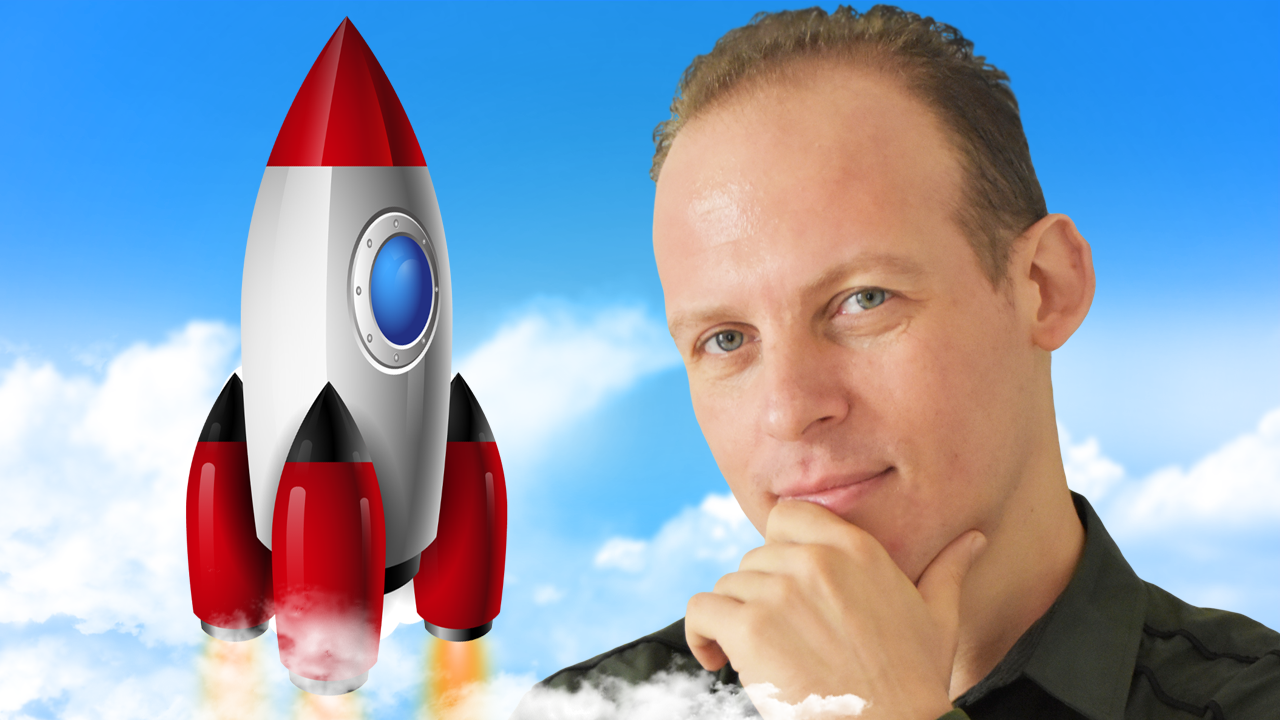
My name is Alex Genadinik. I am a top 1% instructor on Udemy. I've been in Elearning since 2014 and have over 500,000 students. Here is my Udemy teaching profile.
In this article, we'll cover:
1) What unexpected skills you need to become a good online teacher.
2) What equipment you need to get started.
3) How I can help you speed up the process.
I am also available as an Elearning coach to help you plan, create, and promote your course.
Unexpected Skills Needed To Become A Good Online Instructor
Many people think that all they have to do is point the camera to start recording, talk, explain things (since they are an expert), and that is all they have to do. But if you don't pay attention to the quality of your actual teaching, it won't magically become good. The best online courses contain most of these elements:
1) Well-planned course curriculum.
2) Multiple well-planned backgrounds or Powerpoint presentation settings to make the visuals engaging.
3) An expert instructor.
4) An instructor who is also a good and charismatic presenter.
5) High-quality equipment including cameras, microphones, and many accessories.
6) Time to gather student feedback and keep improving after you've launched your course.
Even if you've taught or lectured in-person before, teaching online is different. Students have many distractions and can turn off your course any time. You have to engage them much more.
What Equipment You Need To Create A Good Course
In most fields, an experienced professional with mediocre equipment performs better than a beginner with great equipment so don't over-focus on the equipment. But having said that, equipment is still very important. Since the videos you will be making are ones where you will explain things, good audio is very important. You need a great microphone for recording. Here is an article discussing which microphones are best for different kinds of instructional videos. You can also use additional audio equipment like a microphone mount, acoustic foam, a pop filter, and many other things.
Of course, depending on the video formats you use, you may also need a camera and a nice set design. But contrary to the common assumption, you don't always need a camera because in many courses, the recorded content is screen recording. Here is a broader guide on different software and equipment needed to create online courses.
The Challenges Of Creating Your Online Course Business
If you create the courses on your own, you will need to buy or create:
- Studio space (and time looking for it)
- Microphones (and time researching it)
- Cameras (and time researching it, learning how to use it, and learning videography)
- Video editing software (researching it and learning to use it)
- Hiring staff (plus time interviewing, firing, re-hiring, and managing)
While these costs are significant, you also have an additional cost of the learning curve of learning how to teach and present.
That's why in many cases, it's better to have proven experts create your content at cheaper prices than what it would cost you. All this would happen while creating a course that is orders of magnitude better that what any first-time course creator would create.
3 Ways I Can Help Speed Up The Process Of Creating You Online Course Business
1) Course licensing - I have an extensive library of courses I made and courses made by other experienced instructors that I license. These PLR courses (private label rights) are available overnight. They are already made and have gone through various improvements after requests by students.
2) Custom course creation - if the course you need is not in my library of existing courses, I can have a course custom-create for you. Here is the page explaining my custom course creation process and pricing.
3) Course franchising - this is similar to course licensing, but it comes with additional things like coaching and website setup and creation. Here is the page explaining my online course franchise option.